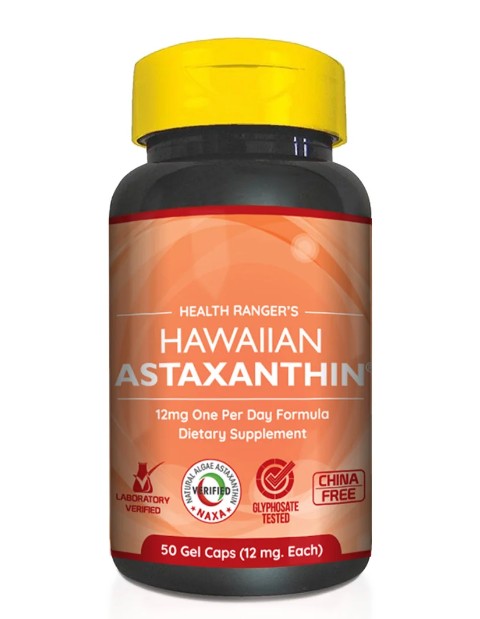Nutrition Can Accelerate or Slow Down Aging
The foods we consume play a crucial role in determining the rate at which we age. Proper nutrition can significantly slow down aging by providing essential nutrients that protect our cells and tissues, whereas poor nutrition can accelerate aging by promoting harmful processes. The right nutrition contains phytochemicals that prevent the destruction of collagen and elastin and addresses the main pathways of aging such as glycation, inflammaging, and oxidation. Conversely, a diet high in refined sugars, processed foods, and unhealthy fats can do the opposite, accelerating these destructive processes.
Phytochemicals: The Anti-Aging Warriors
Phytochemicals are naturally occurring compounds found in plants that have powerful antioxidant and anti-inflammatory properties. These compounds are essential in combating oxidative stress, one of the primary causes of aging. By neutralizing free radicals, phytochemicals help protect collagen and elastin, which are crucial for maintaining skin elasticity and firmness. For example, flavonoids in fruits and vegetables have been shown to reduce inflammation and oxidative stress, thereby slowing the aging process .
Glycation: The Sugar Trap
Glycation is a process where sugar molecules bind to proteins and lipids, forming advanced glycation end-products (AGEs). These AGEs damage collagen and elastin, making the skin less flexible and more prone to wrinkles. A diet high in refined sugars and processed foods accelerates glycation, leading to premature aging. Reducing sugar intake and consuming foods rich in antioxidants can help mitigate glycation .
Inflammaging: Chronic Inflammation
Inflammaging refers to the chronic, low-grade inflammation that occurs as we age, contributing to the development of age-related diseases. Diets rich in anti-inflammatory foods, such as those containing omega-3 fatty acids, can help reduce this inflammation. Omega-3 fatty acids, found in fish, flaxseeds, and walnuts, are known for their ability to lower inflammation levels in the body .
Oxidation: Combating Free Radicals
Oxidative stress results from an imbalance between free radicals and antioxidants in the body. Free radicals cause cellular damage, which accelerates aging. Consuming foods high in antioxidants, such as berries, nuts, and leafy greens, helps neutralize free radicals and protect against oxidative stress. Antioxidants like vitamin C, vitamin E, and beta-carotene play a significant role in maintaining youthful skin and overall health .
Why Aging Processes Increase and Accumulate
As we age, the body’s natural ability to repair itself diminishes, leading to the accumulation of damage from glycation, inflammation, and oxidation. Here’s why these destructive processes tend to increase with age:
1. Reduced Collagen Production: The body’s ability to produce collagen decreases with age, leading to sagging skin and wrinkles.
2. Accumulated Oxidative Damage: Over time, oxidative damage accumulates, as the body’s natural antioxidant defenses weaken.
3. Chronic Inflammation: Aging is associated with increased chronic, low-grade inflammation, accelerating tissue damage and age-related diseases.
4. Impaired Glycation Control: As we age, the body’s ability to control glycation diminishes, resulting in higher levels of AGEs and more damage to skin proteins.
References
1. [Harvard T.H. Chan School of Public Health – Antioxidants](https://www.hsph.harvard.edu/nutritionsource/antioxidants/)
2. [National Institutes of Health (NIH) – Phytochemicals](https://www.ncbi.nlm.nih.gov/pmc/articles/PMC3043419/)
3. [Journal of Clinical Investigation – Glycation](https://www.jci.org/articles/view/56856)
4. [PubMed – Advanced Glycation End-products](https://pubmed.ncbi.nlm.nih.gov/12027239/)
5. [Mayo Clinic – Omega-3 in Fish](https://www.mayoclinic.org/diseases-conditions/heart-disease/in-depth/omega-3/art-20045614)
6. [PubMed – Omega-3 and Inflammation](https://pubmed.ncbi.nlm.nih.gov/11095658/)
7. [Healthline – Antioxidants](https://www.healthline.com/nutrition/antioxidants-explained)
8. [NIH – Vitamins](https://ods.od.nih.gov/factsheets/)
9. [Journal of Gerontology – Aging and Collagen](https://academic.oup.com/biomedgerontology/article/74/3/320/4820425)
10. [Frontiers in Endocrinology – Inflammaging](https://www.frontiersin.org/articles/10.3389/fendo.2019.00176/full)


